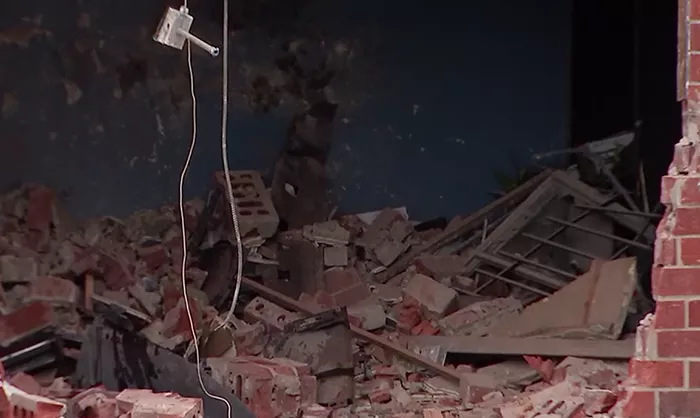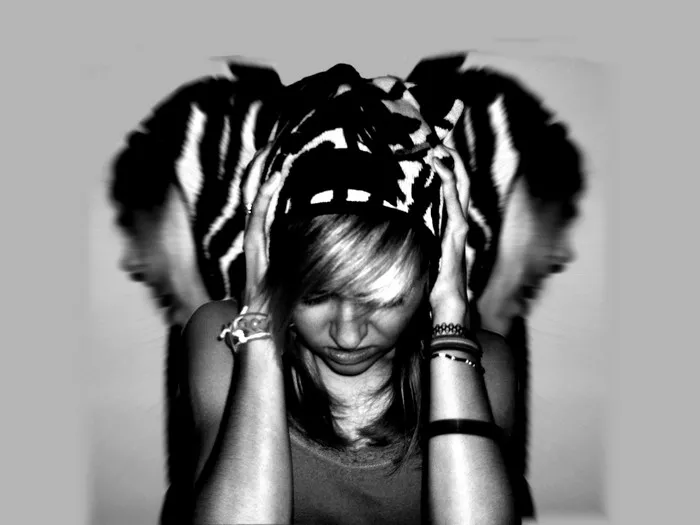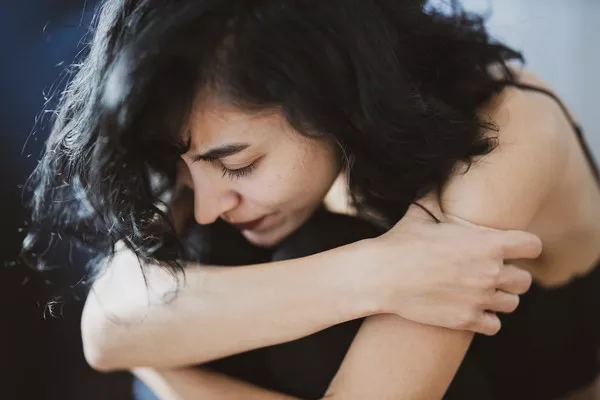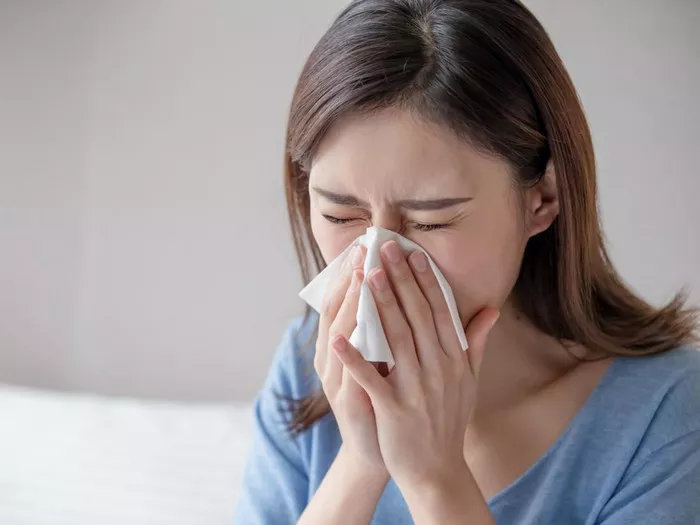New Orleans, known for its rich culture, vibrant music scene, and celebratory spirit, is grappling with an escalating mental health crisis that remains largely under the radar. Despite the city’s reputation for resilience, more and more residents are silently facing profound mental health struggles. The complexities of trauma, systemic neglect, and economic hardships have left many residents emotionally depleted.
Here’s why mental health issues in the city are growing worse—and why it’s crucial to address the problem openly.
1. The Lingering Impact of Trauma
Nearly 20 years after Hurricane Katrina, many New Orleans residents are still carrying the emotional weight of the devastation. The traumatic effects of displacement, grief, and uncertainty have not only persisted but evolved. The city has faced a multitude of additional challenges that have compounded the original trauma:
Gentrification, displacing families and disrupting communities
A string of hurricanes keeping survival instincts on constant alert
The COVID-19 pandemic, which deepened isolation and distress
Increasing levels of inflation, rising crime rates, housing insecurity, and political instability
This cumulative trauma has taken a significant toll on the emotional well-being of the city’s population, leaving many feeling overwhelmed and emotionally spent.
2. Limited Access to Mental Health Resources
Mental health services in New Orleans have long been scarce, and the situation remains dire. Many barriers stand in the way of individuals seeking help:
A shortage of providers who accept Medicaid
Long waitlists for mental health appointments
Lack of in-person providers in certain neighborhoods
Difficulty for Black and LGBTQ+ residents to find culturally competent care
Moreover, mental health care still carries a stigma in many communities. The idea of “toughing it out” is often celebrated, while vulnerability is seen as a weakness. This cultural resistance to seeking help leads to emotional suppression, which is not resilience but rather a coping mechanism that drains individuals.
3. A Culture of Public Celebration, Private Grief
While New Orleans is famous for its lively celebrations and vibrant culture, the city struggles with acknowledging grief and pain. Residents often feel pressure to maintain a facade of joy and positivity, masking the deeper emotional struggles they face. This cultural tendency to “dance through the pain” can leave individuals feeling unseen and isolated. While the city celebrates life with exuberance, there is little room for grieving and emotional vulnerability. This emotional masking may contribute to feelings of shame, leading people to endure their struggles in silence.
4. The Financial Strain on Mental Health
The rising cost of living in New Orleans is adding another layer of stress for many residents. Rent prices continue to climb, while wages remain stagnant, leading to financial instability. Meanwhile, utility bills are on the rise, food deserts make affordable groceries hard to come by, and access to healthcare—particularly mental healthcare—remains out of reach for many. This constant financial strain takes a physical and mental toll on individuals, triggering anxiety, depression, and burnout.
5. Young People Are Particularly Vulnerable
Young people in New Orleans, including teens grappling with social media-fueled anxiety and college students burdened by student debt, are facing a mental health crisis of their own. The shortage of school counselors and community resources leaves many young people to navigate their struggles alone. Black youth, in particular, are experiencing some of the highest rates of suicide attempts but are among the least likely to receive mental health care. Without the necessary resources and support, these young individuals are at an increased risk of long-term emotional and psychological harm.
What Can Be Done?
To address the growing mental health crisis in New Orleans, the city must take action on several fronts:
Open and honest conversations about mental health—sharing stories, breaking the silence, and offering support to others.
Advocate for local funding to expand mental health services, particularly in schools, clinics, and community centers.
Promote culturally competent care and highlight directories like Therapy for Black Girls that connect individuals with appropriate providers.
Normalize the importance of rest, emotional honesty, and self-care, especially in a city known for its emphasis on strength and performance.
It’s Time to Prioritize Mental Health
If you’re feeling drained, anxious, or overwhelmed, you’re not alone. You’re not weak—you’re human. New Orleans is a city that thrives on joy, music, and life, but it is also a place where many people are struggling under the weight of survival. It’s time for the city to acknowledge both the celebration of life and the need for space to heal. It’s crucial to recognize that mental health is just as important as physical health, and a collective effort is needed to support those who are silently enduring.
By addressing the mental health crisis head-on, New Orleans can move toward a more resilient future—one that honors the city’s spirit of celebration while also embracing the need for healing.





























